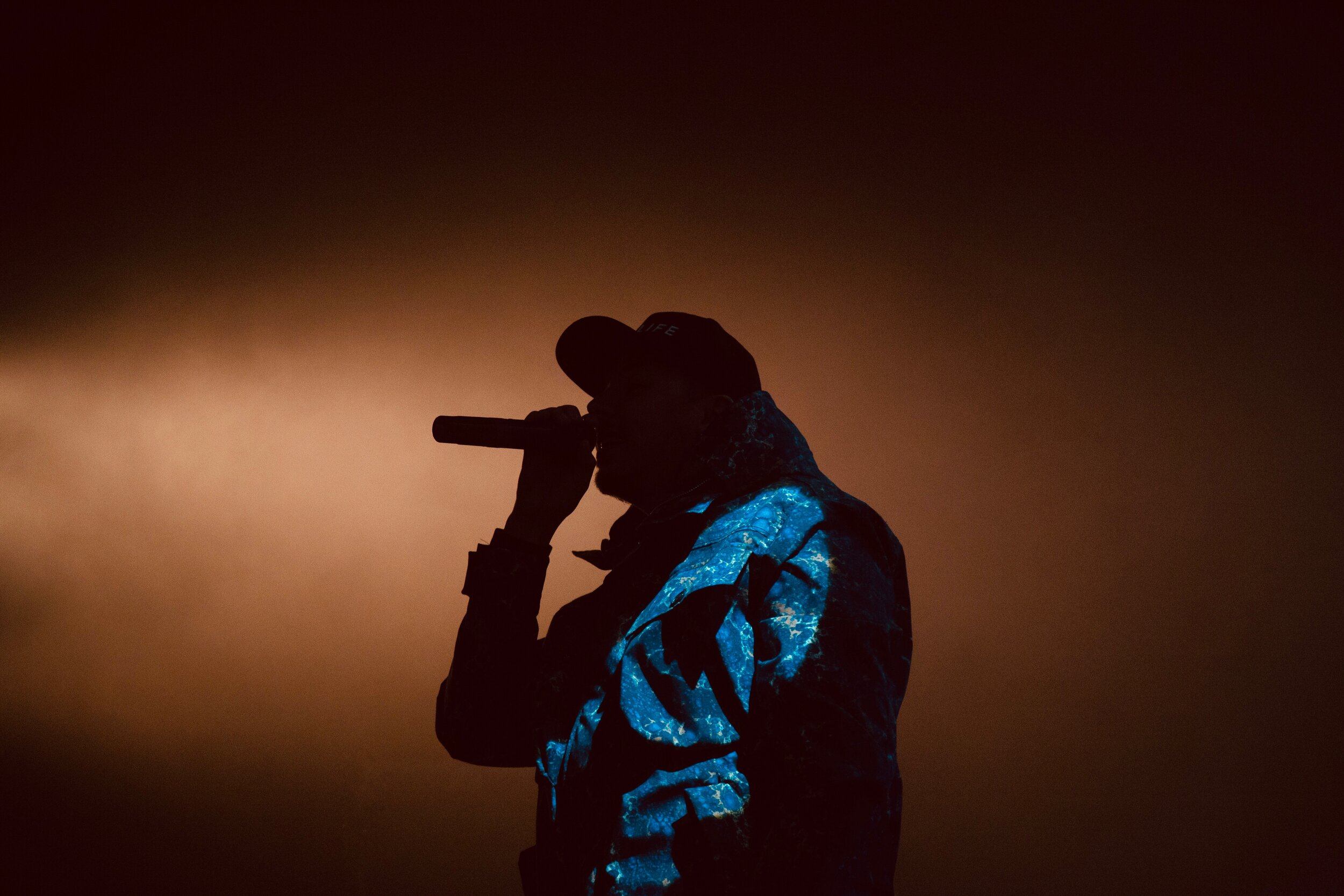At what age is it safe to experiment with cannabis?

At What Age is it Safe to Experiment with Cannabis?
I am a 22-year-old born and raised in the suburbs of Los Angeles. Being the overachiever that I am, I began experimenting with cannabis in middle school… sorry mom. I dabbled with cannabis every once in a while, until my ex-boyfriend got me hooked my junior year of college. My smoking habits dramatically changed from once every couple of months to every single night.
With my newfound cannabis obsession, my boyfriend and I found ourselves in a euphoric haze, hotboxing my teeny-tiny apartment while creativity flowed around the room like smoke. Although those memories are some of my fondest from college, I can’t help but wonder if my early beginnings in marijuana, and semi-consistent use thereafter, were actually the best for long term mental acuity.
For many people reading this article, their first-time smoking cannabis is a fondly held memory akin only to secretly stealing alcohol from their parents. While some people first smoked at 15 in their basement with friends, others didn’t smoke until they were well into adulthood. While research continues to uncover the benefits of cannabis, the point of this article is to share the research I found on what is the safest age to begin using cannabis?
The current minimum age standard for recreational Cannabis usage in most of the United States is 21. However, this age was only determined because if individuals can buy alcohol at 21 it logically makes sense that they can buy cannabis at that age, as well. This article is not about whether or not that makes sense, but to help inform you about the impact of cannabis on young minds according to available science.
The current common consensus amongst scientists’ states that 18+ is the sweet spot age that cannabis connoisseurs can begin to regularly consume cannabis without any serious damages or side effects. In her article, Kelly Fleming explains that teenagers who consume cannabis before the age of 18 tend to have more problems with memory, learning, and impulse control later on in life.
Pilgrim Soul is the first cannabis brand created to enhance creative performance. For more information, visit pilgrimsoulcannabis.com.
Building on these findings, another study from Duke University also found that subjects who used cannabis more than once weekly before the age of 18 severely displayed more impaired intelligence, slower reaction times, shorter attention spans, and poorer listening skills than those who began using marijuana after the age of 18. These damages, according to the experiments, also seem to be irreversible.
However, Fleming distinctly highlights that these experiments have failed to display a cause and effect relationship between marijuana and poorer cognitive functioning skills. In Fleming’s own words, “Marijuana could make teens dumber, or dumber teens could be more likely to want to smoke a lot of pot.”
A conflicting study published by the University of Montreal suggests that it is actually safe to begin consuming cannabis at the age of 17. The study found similar results as the experiments above except for a shifted age scale. Scientists found that teens who began smoking before they were 17 suffered from regressions in their verbal skills and cognitive intelligence. While, teens who waited to smoke regularly until they were 17 exhibited no negative side effects whatsoever.
This study also failed to establish a cause and effect relationship between cannabis and poorer cognitive abilities. Instead, scientists theorized that cannabis was not to blame for the diminished cognitive abilities but rather social mechanisms and the environmental context the subjects were living in.
As a result of the wide array of studies, research is still pinpointing the ideal age to begin regularly consuming cannabis, without irreversible damage, currently somewhere within the late teens. These studies do however have one thing in common. These studies have failed to definitively prove causality.
That is not the takeaway from the fact that cannabis may still have neurobiological effects on the brain of a 17-year-old. The human brain does not stop developing until age 25, but research indicates that there may be only insignificant differences when it comes to life outcomes of users who began smoking cannabis at 18 years old versus 21 years old.
It is important to take all these studies into account as to not diminish brain function when seeking to improve one’s creative output through cannabis. Cannabis still hosts a wide range of benefits; it is just necessary to use it responsibly as with any drug. Although none of these studies produced concrete evidence or an answer, the through-line seems to be that the later users begin consuming cannabis the safer.








